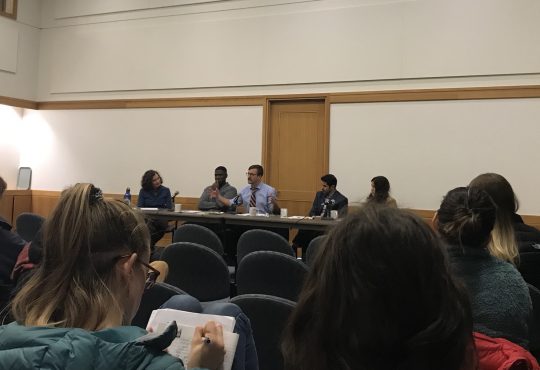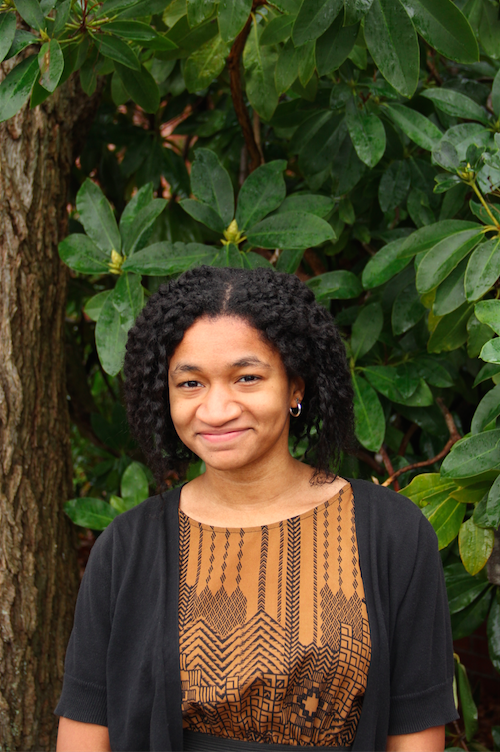By IDA DUNN-MOORE
February is African American History Month across the United States, but here on campus it seems to be another month.
It is hard to discern how many people know or care. The apathy and low awareness are not surprising. Puget Sound is a campus full of increasingly busy students, each with their own issues they find relevant.
The Black Student Union, in association with other groups, is putting on two events in the last week of the month. Last Monday there was a Civil Rights Peace Poetry and a screening of “The New Black” on Thursday. The two events were on Facebook for a number of weeks, yet together have just over 70 participants.
On the other hand, two fraternity dance parties posted just last week had a collective of over 500. Similarly, a bustling Diversions café was full of students who were not aware of either event, though many recognized this fact “as a shame.”
An area of pride on campus is how involved students are and the diversity of their involvement.
Students in Greek life are leaders in student government. Varsity athletes participate in community service. Members of all of the aforementioned groups are present in social justice-concerned groups such as BSU and Q&A.
There appears, however, to be a problem for the majority of students putting community service and social justice groups first.
According to an involved student, “Puget Sound students have a theoretical commitment to social justice, which they don’t follow through.”
It is easy to sign up for a group, but that does not equate to attending meetings and becoming an active member and even leader. It is equally easy to make declarations such as “I support universal equality,” without taking any steps to bolster that claim with action.
There seems to be a focus on the issue of the moment, which will get a lot of attention for a week or two. Much of this attention, however, is superficial fluff.
Posting a Facebook status or sharing an article that was skimmed over is hardly productive. Actions speak louder than words, and much louder than social media.
Another student feels that “people don’t take initiative to follow through with what they care about, or that they don’t have things that they care about in the first place.”
He is a member of a service club on campus that has hundreds of current students who have signed up to be on its e-mail list, yet struggles to get a full group together when the time to actually volunteer comes.
The reason this student is compelled to volunteer is that he feels he has a duty to the community. Even though the part he plays is small, in a relative sense it is much more than nothing.
It’s likely that everyone on campus feels this at least a bit, but what University of Puget Sound students lack is the ability to act on it.
The problem with such involved students is that there is always too much to do, too many hours in the day.
The sad truth seems to be that the duty to one’s self comes before the duty to one’s community.
Fortunately, the body of students who are committed strongly to their service and social justice can serve as role-models and leaders, helping to turn possibility into action.


